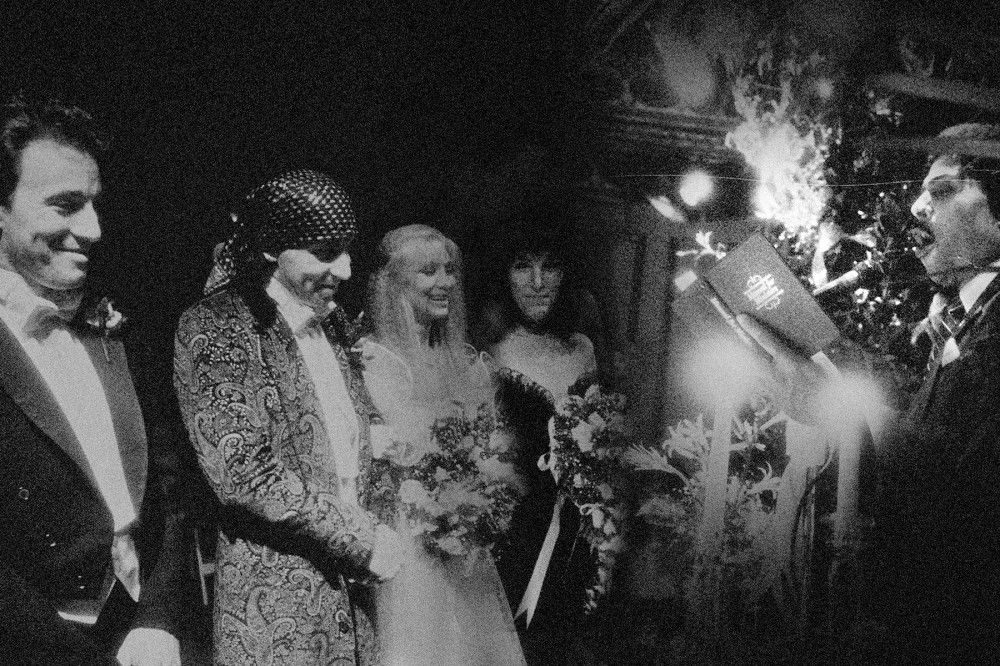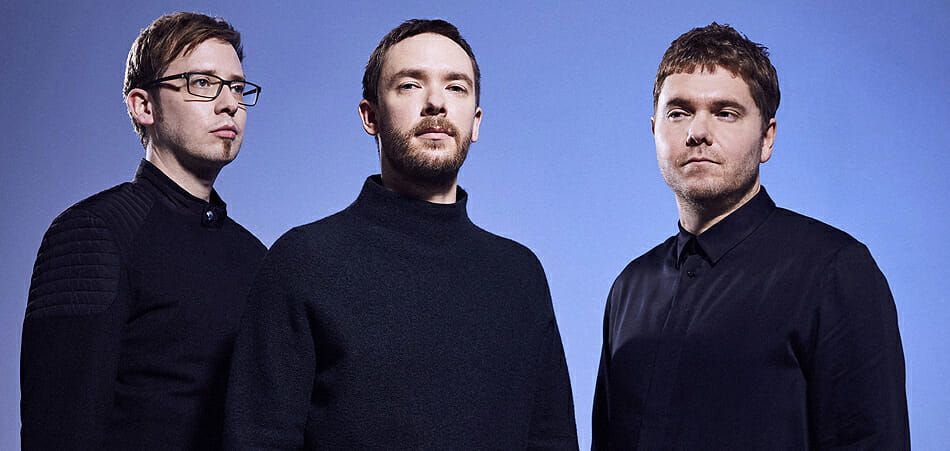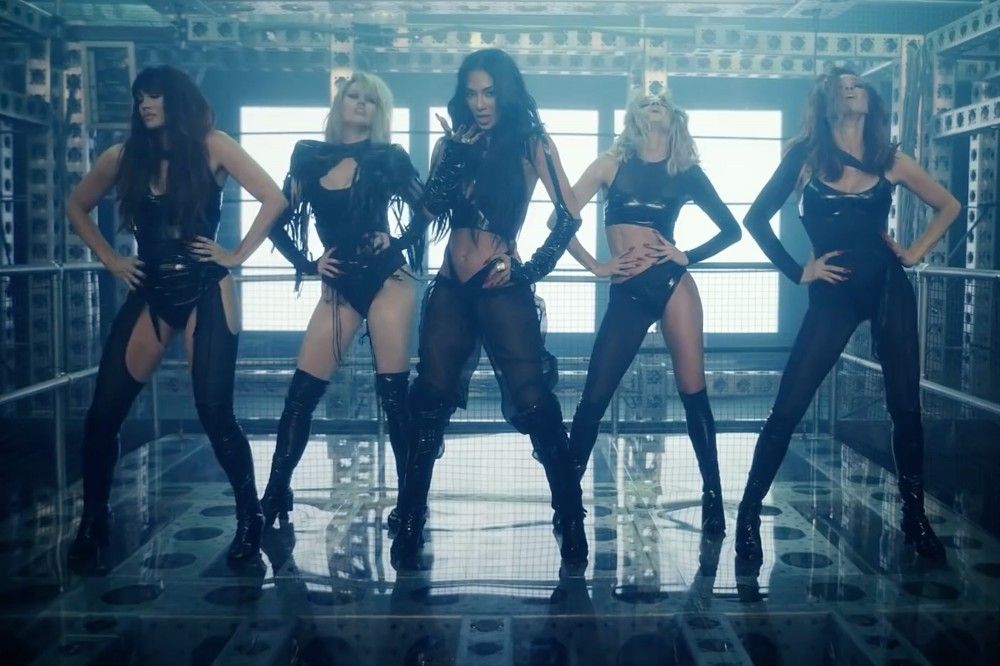
Little Steven Remembers Little Richard: 'He Wrote the Bible of Rock & Roll'
first met when the guitarist was on the oldies circuit as a young backing musician for the Dovells in 1973. Van Zandt would eventually take on a nickname, Little Steven, that was at least in part a tribute to one of his greatest rock & roll heroes, and enlisted Little Richard to officiate at his wedding to Maureen Van Zandt in 1982 (Little Richard went on to preside at ceremonies for Tom Petty, Bruce Willis/Demi Moore, and Cyndi Lauper, among others). Van Zandt called Rolling Stone to look back at the boundless influence of Little Richard, who died Saturday at age 87.
For me, Little Richard embodies the spirit of rock & roll. He was a bit of a bridge between what came before, which was the big-band era and the boogie-woogie era, and the blues shouters like Joe Turner. And as economics determined, the big bands became smaller and smaller, and we ended up with the rock & roll configuration, which was basically created by Muddy Waters. The first Muddy Waters band in ’52 had drums, bass guitar, piano, and maybe a harmonica player.
But Richard was in between. He had a lot of the qualities that we would now know as rock & roll, but he still had four saxophones playing those riffs. What made the difference was when he opened his mouth. Out came liberation, out came freedom. He just had that true spirit of rock & roll, which would influence and be an element of everybody who followed. All the pioneers contributed important things. Elvis Presley popularized the entire genre. Chuck Berry brought the lyrics. He was the storyteller. Bo Diddley was the pure sexuality and the beat. Jerry Lee Lewis brought the religious fanaticism gone wild. They all brought something, but Richard, in addition to his incredible spirit coming through his voice, also had that flamboyant androgyny which would become an essential part of rock & roll.
It surfaced from time to time, more blatantly than others. Certainly it took a major turn with Mick Jagger and his performance in the film Performance. It not only changed Mick himself, but it allowed everybody else to to be androgynous. I think that’s where glam came from, David Bowie and Marc Bolan and all the rest. David Bowie, Lou Reed and Iggy Pop, in that famous picture, they’re all looking very much like Little Richard.
Little Richard made it okay, being gay and being in rock & roll. That was all part of his thing, that sort of freedom in every way. Not just in the art, not just in the singing, not just on stage, but in the lifestyle as well. He wrote the book, literally.
For me, it’s my religion. So he’s literally God to me. He wrote the bible that we all follow to this day: You don’t need to repress it. You don’t need to suppress it. You don’t need to follow the rules. You can be yourself and be proud of it.
Chuck Berry, tragically, was bitter right to the end. And it’s such a shame, because you carry that weight on your shoulders your whole life. Unlike Chuck, Richard never had an attitude. I mean, I talked to him about this. Almost every black artist back then was having their records covered. I know young people find this hard to believe, but in those days, there was black radio and white radio and white radio was not supposed to play black records. And so the white artists like Pat Boone would take advantage of that and cover a Little Richard song. But then you had the very courageous Alan Freeds of the world, the whites DJs, who played black music for their white teenage audience, and Alan Freed would be crucified for doing it. But that changed the world. Because as soon as the kids heard Little Richard’s version, you’re not gonna enjoy Pat Boone’s version nearly as much anymore!
Richard always had this attitude like, “Hey, man, he turned a lot of kids onto my music, before my records could be played on white radio.” That did change, come ’56, ’57. But until then, he felt like, “hey, Pat Boone’s my publicist, he’s out here doin’ me a favor.” It was very sophisticated and very, very accurate, instead of being pissed off, the way Chuck was his whole life. Why go through life so pissed off? Especially if you’re Chuck Berry, one of the greatest artists in history, and amply rewarded. Ten thousand dollars in that guitar case, in cash, five days a week, for 50 fucking years. I don’t care what Leonard Chess took from him – it wasn’t that much! Richard always had had the right attitude, which I thought good for his own health.
Richard did some records in the ’70s that were quite great. We played them in my radio format Underground Garage, on Sirius XM]. He did a great version of “Brown Sugar,” and some other very good singles during that time.
When I got married in 1982], I thought, we might as well make it a rock & roll wedding. So we called Little Richard – it was just a thought, because obviously, he’s my namesake and my mentor. He was like, “okay,” and it was first time he ever did it. He just kind of improvised it.
I think my first encounter with Little Richard was probably the Girl Can’t Help It movie. I had started watching the early rock & roll movies, the Alan Freed movies. And then the so-called oldies stations started in 1972] which was a very, very important moment. CBS-FM was the first oldies station in that format, I think. The music wasn’t that old at the time but but things were moving so fast in those days. It’s very hard to explain that to people. A lot happened in a very short time. So, it seemed like hundreds of years earlier, when half the bands were having hits five or six years earlier.
And for us, it was an incredible education. You got a chance to hear all the ’50s and early ’60s stuff that you didn’t know. And that would have included Little Richard, and then a lot of the guys I would meet later when I toured on the oldies circuit with the Dovells. I met Gary U.S. Bonds on that tour and Lloyd Price and the Drifters and Ben E. King and all those Shirelles and Chiffons.
So we suddenly had a channel where you could listen to that stuff. And it was pretty much at the end of the ’60s. We had been going from one trend to another, every year. Very much a monoculture. Everybody was British Invasion in ’64, everybody was folk-rock in ’65, country-rock in ’66, psychedelic in ’67, blues-rock in ’68, hard rock in ’69. Then the final trend was Southern white soul, somewhere in that 1970 year, and then it was just complete fragmentation.
The fragmentation came right around the same time as the oldies station started. Suddenly there were no more trends, there was no more evolution of our art form. I mean, that was the end of the Renaissance. I know that now – I didn’t know it then. And so you naturally drifted to what you had missed. I wasn’t into glam. I wasn’t into art rock. I wasn’t into progressive rock. I wasn’t into singer/songwriters. So I used that time to educate myself about what I missed in the ’50s and early ’60s. So it was extremely important.
We started having oldies nights, at Upstage, the club where we hung out in Asbury Park, and that’s where we really learned our craft. So we started having all these nights where we’d play some of those ’50s songs, which we’d never done. It was fun, and it was a major part of the education process. Rock & roll is just like anything else. You’ve got to educate yourself and learn the craft. And that means going back to the beginning and learning from the masters.
The only time Richard and I ever worked together musically was when I assembled a band for Hank Williams Jr. in 2006]. The Monday Night Football song he had been doing was a rockin’ country thing, and one year Hank decided he wanted to be a bit more rock n’ roll. So they came to me to put together a band. And I got Richard, Joe Perry, Rick Nielsen, Bootsy Collins, Clarence Clemons] and Questlove.
You get busy and you drift and you don’t really see anybody you don’t work with. Unfortunately, I didn’t see him as often as I could. The last time I talked to Paul McCartney, I said “Paul, we should get on a plane, go to Nashville and find him, and just say goodbye.” Because it had been very quiet. I had been inquiring about Richard through the past year. It was getting quieter and quieter: “He can’t come to the phone right now.” I knew his hip and his legs had been bothering him for several years. So it just felt like we were coming near the end.
But I can’t believe the guy who invented rock & roll was still walking around at all. It’s just a miracle. And in the end, I feel lucky to have been on the planet at the same time as him, you know?



